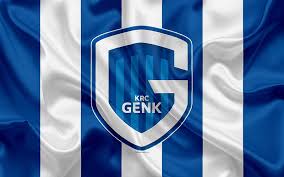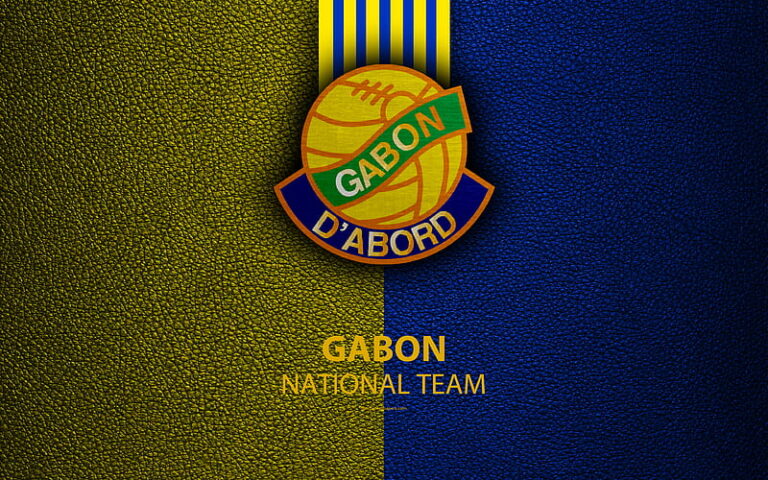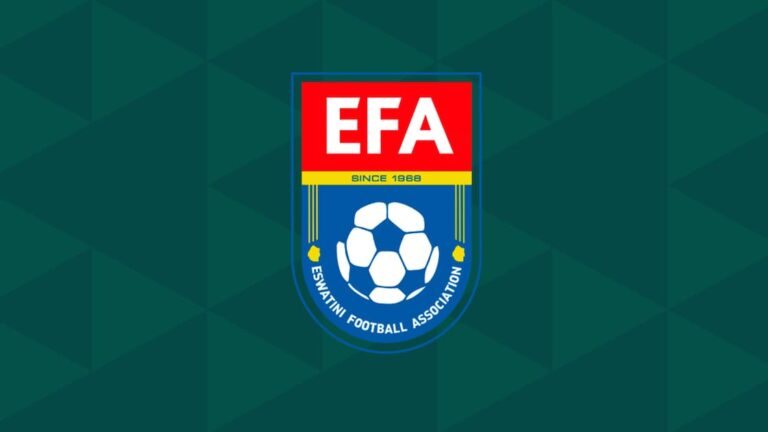
Genk FC
If domestic dominance put Genk FC on the Belgian map, their European exploits announced them as a continental contender. Participation in UEFA competitions elevated the club’s profile, tested their mettle against giants, and accelerated player development.
Making Their Mark in UEFA Competitions Genk FC
Genk FC’s debut in European tournaments occurred shortly after their domestic breakthrough. Competing in Champions League qualifiers and Europa League group stages exposed them to diverse playing styles and higher competition levels RR88.
Though initial forays were learning experiences, over time, Genk earned notable results against revered clubs. Progressing past group stages or pushing heavyweights to the brink galvanized belief within the squad and among supporters.
I admire how these European adventures fostered a fearless mentality. Rather than shrinking on foreign stages, Genk often embraced the underdog role, showcasing Belgian football’s rising quality and gaining invaluable exposure.
Memorable Matches and Heroic Performances
Throughout their continental journeys, certain fixtures stand out—be it thrilling high-scoring draws, giant-killing wins, or valiant efforts in defeat. Victories against storied opponents like Sporting Lisbon or Celtic resonate deeply, highlighting Genk’s ability to compete internationally.
Individual performances also caught the eye. Emerging stars used these platforms to announce themselves, earning moves to Europe’s elite leagues. Fans cherish these nights, viewing them as validations of their club’s growth and as unforgettable chapters in their collective memory.
These moments reinforce the emotional significance of European football. For clubs like Genk FC, it’s about more than money; it’s an opportunity to write history, inspire communities, and challenge the sport’s established order.
Raising Belgium’s Football Profile Globally
Genk FC European presence contributes profoundly to Belgian football’s renaissance. By performing credibly on continental stages, they help improve the nation’s UEFA coefficient, securing more spots for Belgian clubs in elite tournaments.
Moreover, their consistent showcasing of young talents has attracted scouts, investors, and fans worldwide, turning Belgium into a prime market for emerging footballers. This ripple effect benefits the entire ecosystem, from grassroots to the national team.
My view is that Genk’s continental adventures symbolize the globalization of football’s second tier. Mid-sized clubs can now act as crucial bridges in player pathways and as symbols of national footballing ambition.



